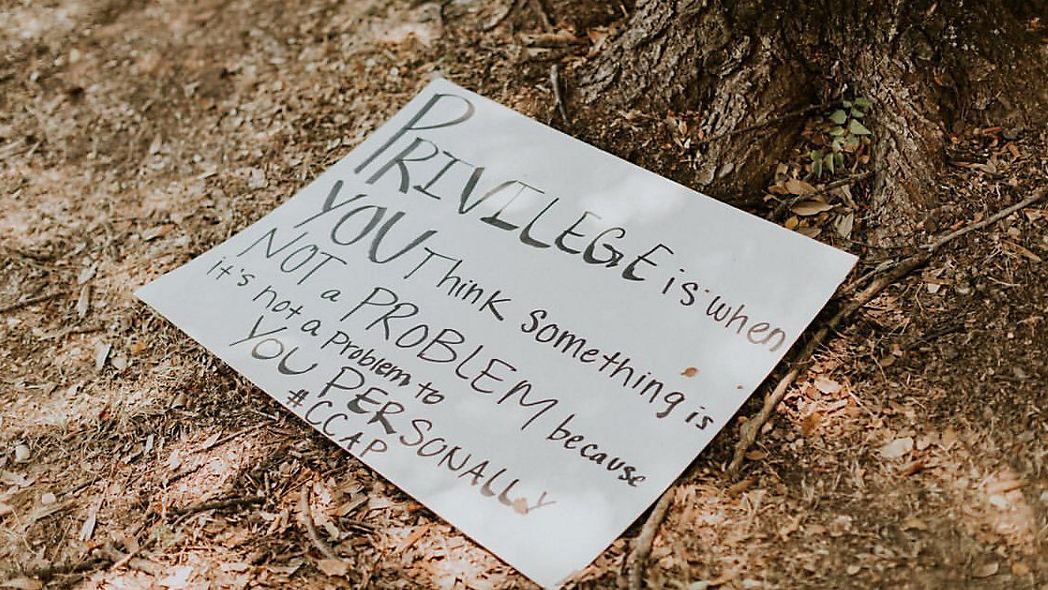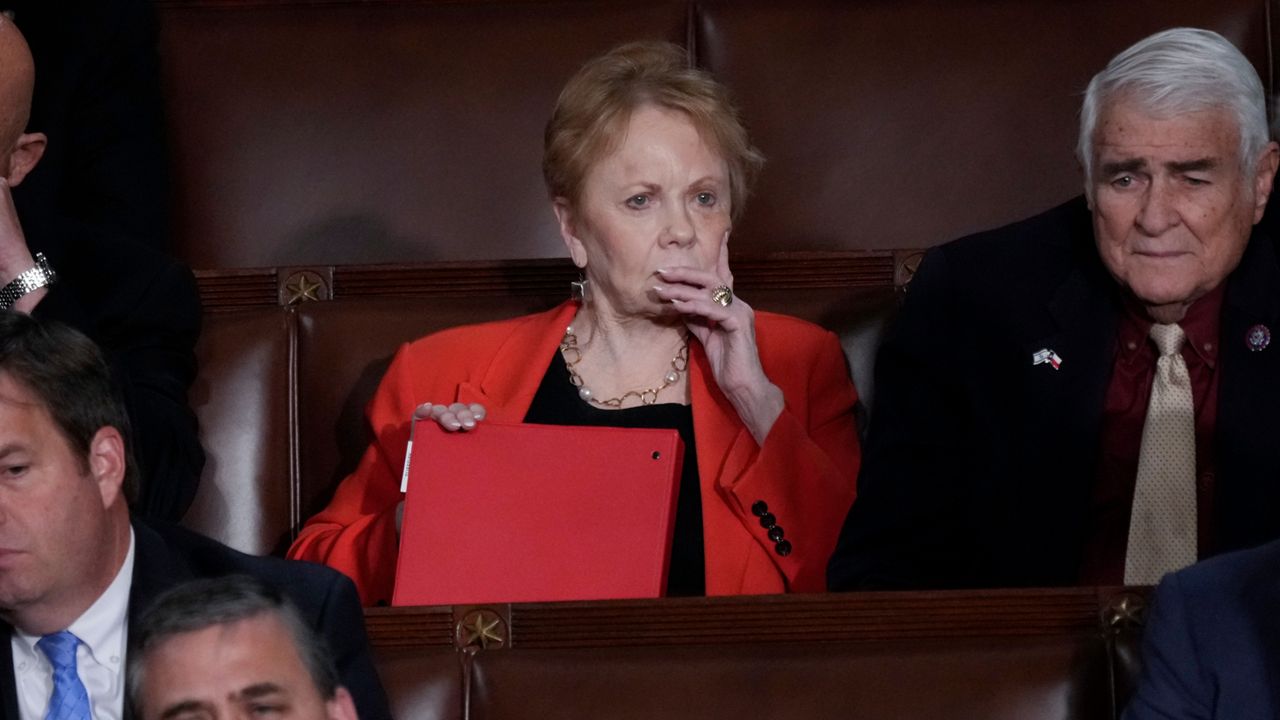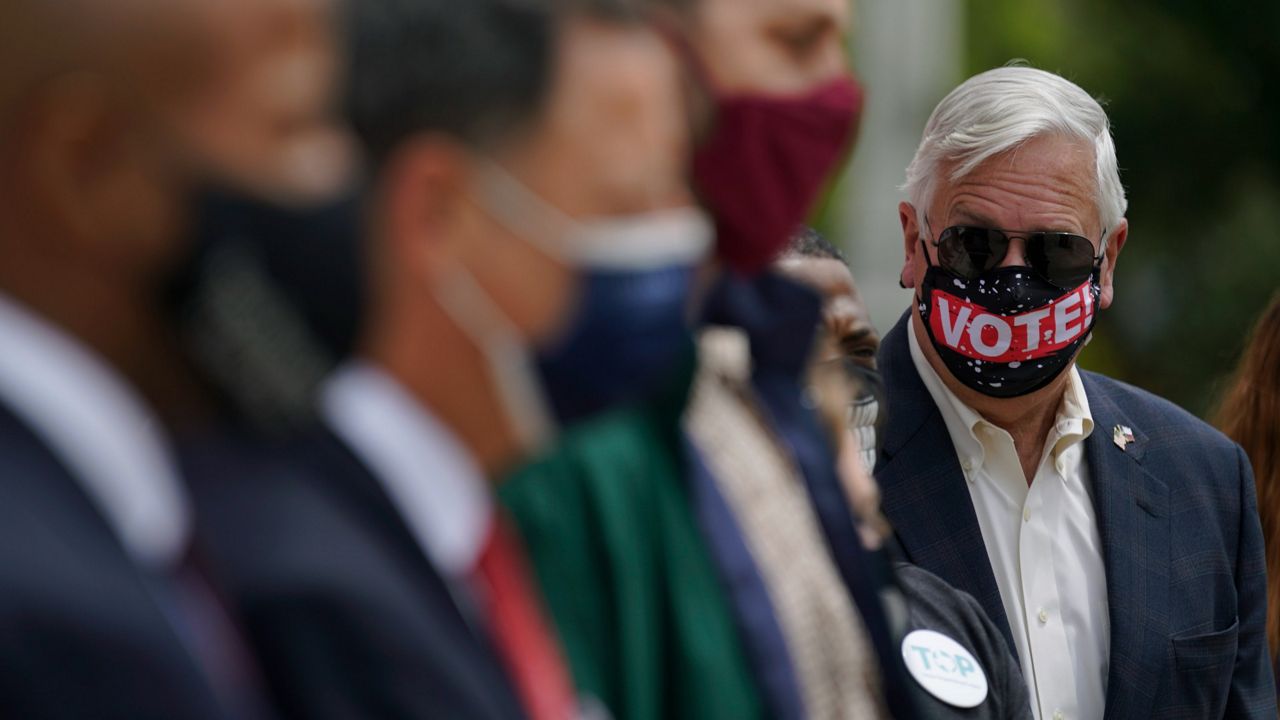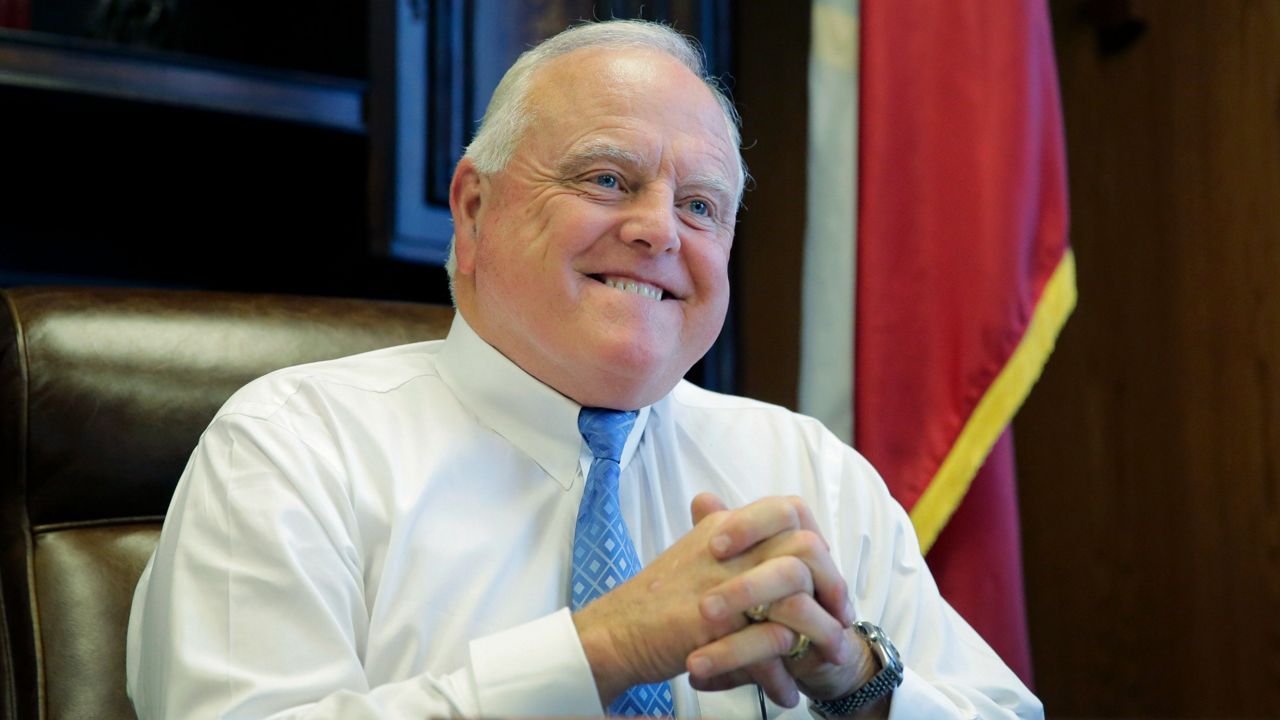SOUTHLAKE, Texas — The election earlier this month in the North Texas town of Southlake was decried by critics as proof of the city’s ongoing problems with racism. The May 1 vote also ended an unusually bitter campaign that echoed a growing national divide over how to address issues of race, gender and sexuality in schools.
Nine months after officials in the affluent Carroll Independent School District introduced a proposal to combat racial and cultural intolerance in schools, voters delivered a resounding victory Saturday to a slate of school board and City Council candidates who opposed the plan.
The controversy in Southlake mirrors the discussion of Critical Race Theory around the country. In Austin, a bill that directs teachers to explore current events from multiple positions without giving “deference to any one perspective” is close to becoming law. The bill also bars students from getting course credit for civic engagement efforts, including lobbying for legislation or other types of political activism.
Educators, historians and school advocacy groups who fiercely oppose the bill remained unswayed by arguments that the bill is merely meant to ensure students are taught that one race or gender is not superior to another.
Back in Southlake, a city of about 31,200 people, voters were split between candidates who supported new diversity and inclusion training requirements for Carroll students and teachers and those backed by a political action committee that was formed last year to defeat the plan.
On one side, progressives argued that curriculum and disciplinary changes were needed to make all children feel safe and welcome in Carroll, a mostly white but quickly diversifying school district. On the other, conservatives in that town rejected the school diversity plan as an effort to indoctrinate students with a far-left ideology that, according to some, would institutionalize discrimination against white children and those with conservative Christian values.
Candidates and voters on both sides described the election as a "fork in the road" for Southlake, a wealthy suburb 30 miles northwest of Dallas. "So goes Southlake," a local conservative commentator warned in the weeks leading up to the election, "so goes the rest of America.”
In the end, the contest was a landslide. Candidates backed by the conservative Southlake Families PAC, which has raised more than $200,000 since last summer, won every race by anywhere from 70% to 30%, including two school board positions, two City Council seats and mayor. More than 9,000 voters cast ballots, three times as many as in similar contests in the past.
Hannah Smith, a prominent Southlake lawyer who clerked for Supreme Court Justices Clarence Thomas and Samuel Alito, defeated Ed Hernandez, a business consultant, to win a seat on the Carroll school board. In a statement to NBC News, Smith, who is white, said the election "was a referendum on those who put personal politics and divisive philosophies ahead of Carroll ISD students and families, and their common American heritage and Texas values.
"The voters have come together in record-breaking numbers to restore unity," Smith told NBC. "By a landslide vote, they don't want racially divisive critical race theory taught to their children or forced on their teachers. Voters agreed with my positive vision of our community and its future.”
The fight in Southlake dates back to the fall of 2018, when a video of white Carroll high school students chanting the N-word went viral, making national headlines. In the aftermath, school leaders hosted listening sessions with students and parents and appointed a committee of 63 community volunteers to come up with a plan to make Carroll more welcoming for students from diverse backgrounds.
The effort was, in part, a recognition of changing demographics. Southlake's population has tripled over the past three decades, driven in part by immigrants from South Asia drawn to the area by high-paying jobs and highly ranked schools. Black residents make up less than 2% of the population in a city where the median household income is more than $230,000 and 74% of residents are white.
The result of the school diversity committee's work, a 34-page document called the Cultural Competency Action Plan, was released last summer, in the midst of a pandemic, a heated presidential election and a broader national reckoning over racism following the murder of George Floyd.
The plan called for mandatory cultural sensitivity training for all Carroll students and teachers, a formal process to report and track incidents of racist bullying and changes to the code of conduct to hold students accountable for acts of discrimination. The proposal also suggested creating the position of director of equity and inclusion to oversee the district's efforts.
The plan was met with swift and fierce opposition. For months, conservative parents packed school board meetings, decrying aspects of the proposal that they said would have created "diversity police" and amounted to "reverse racism." Members of the Southlake Families PAC took particular issue with a district proposal to track incidents of microaggressions — subtle, indirect and sometimes unintentional incidents of discrimination.
Following the election, the Southlake Families PAC wrote on Twitter, "Critical Race Theory ain't coming here. This is what happens when good people stand up and say, 'Not in my town, not on my watch.'”
A few days later, the group expanded on that position.
"CRT is a theoretical framework which views society as dominated by white supremacy and categorizes people as 'privileged' or 'oppressed' based on their skin color," the group wrote. "It also teaches kids to hate America. Ask yourself who in their right mind would want this taught in public schools?"










